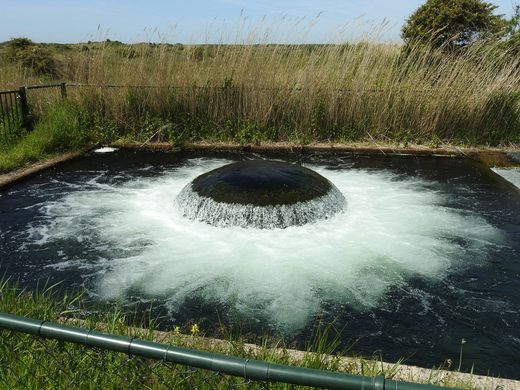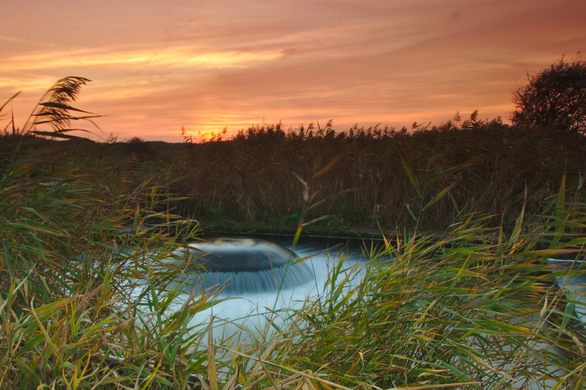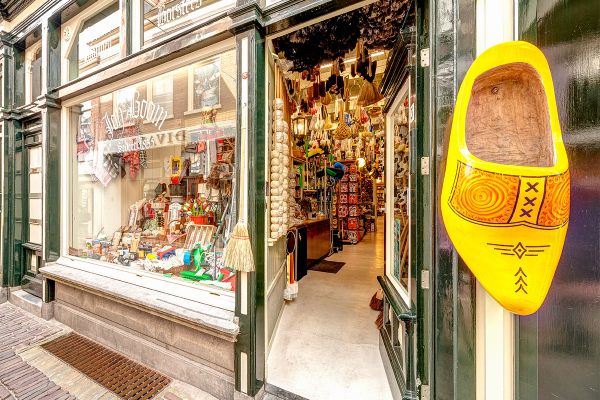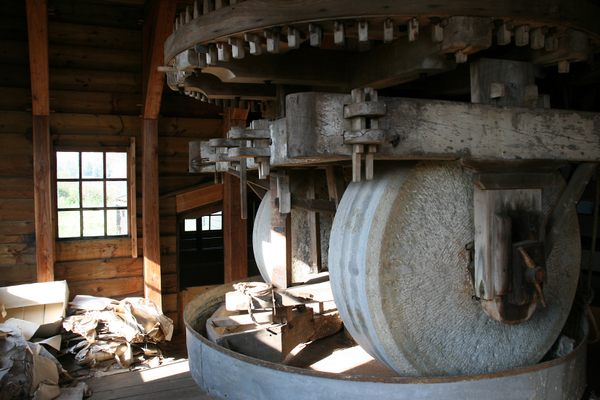De Kwal (The Jellyfish)
This jellyfish provides clean water for an entire Dutch province.
The Dutch province of Noord-Holland combines two invaluable assets to ensure safe drinking water: the fresh water of Lake IJssel on the east side, and the natural filtering capacity of the dunes on the west. Per year, about 25 billion liters of water are pumped across the province, all the way from Lake IJssel to the injection point in the dunes of Castricum. The shape of the water flowing out of this injection point, has given it its nickname, De Kwal (Dutch for “the jellyfish”).
Water injected here stays in the dunes for about three weeks, it creeps slowly through the filtering sands, after which it is pumped up again in one of the almost 700 wells in these dunes. Pathogens such as viruses and bacteria do not survive this stay and are effectively killed off. Only a last filtration step is required to remove excess calcium and iron from the water before it is pumped to the end user as safe and reliable drinking water.
The dunes near Castricum are covered with extensive oak forests, and the undergrowth is filled with honeysuckle, hawthorn, and other small shrubs.
Know Before You Go
This area is excellent for a good hike, but requires a Duinkaart if you wish to visit. These cards cost a few euros and can be purchased on one of the ticket machines located at the entrances to the area.















Follow us on Twitter to get the latest on the world's hidden wonders.
Like us on Facebook to get the latest on the world's hidden wonders.
Follow us on Twitter Like us on Facebook